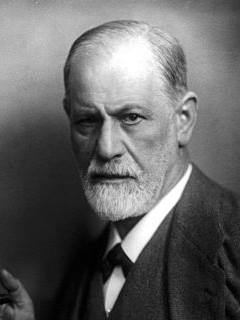
Publication details
Publisher: Springer
Place: Berlin
Year: 1989
Pages: 141-161
Series: Boston Studies in the Philosophy of Science
ISBN (Hardback): 9789401075718
Full citation:
, "The degeneration of Popper's theory of demarcation", in: Freedom and rationality, Berlin, Springer, 1989


The degeneration of Popper's theory of demarcation
pp. 141-161
in: Fred D'agostino, I. C. Jarvie (eds), Freedom and rationality, Berlin, Springer, 1989Abstract
Karl Popper, on the one hand, the descriptive or hermeneutic phenomenologists, on the other, have offered radically different, influential diagnoses of the failure of psychoanalytic theory to pass scientific muster. As Popper would have it "Freud's theory…simply does not have potential falsifiers' (Popper 1974: 1004) and is therefore non-scientific. But, in his view, the time-honored inductivist conception of scientific rationality was unable to detect this fundamental flaw. And, thereby, it purportedly failed to give a correct diagnosis of the scientific bankruptcy of the psychoanalytic enterprise (Popper 1962: 33–38, 255–258; 1974: 984–985; Grünbaum 1984: 103–107). Therefore, Popper (1962: 256) concluded: "Thus there clearly was a need for a different criterion of demarcation" between science and pseudo-science, other than the inductivist one. In this way, psychoanalysis served as the gravamen and benchmark of his case for the superiority of his own falsifiability criterion of demarcation.
Cited authors
Publication details
Publisher: Springer
Place: Berlin
Year: 1989
Pages: 141-161
Series: Boston Studies in the Philosophy of Science
ISBN (Hardback): 9789401075718
Full citation:
, "The degeneration of Popper's theory of demarcation", in: Freedom and rationality, Berlin, Springer, 1989


